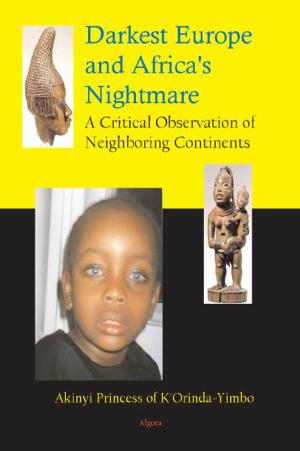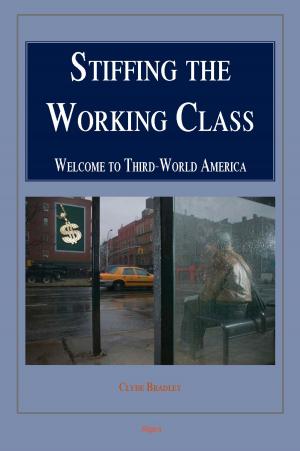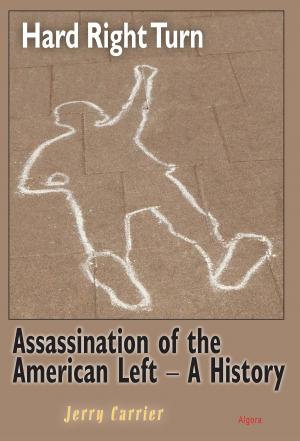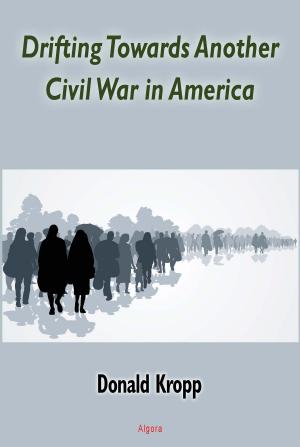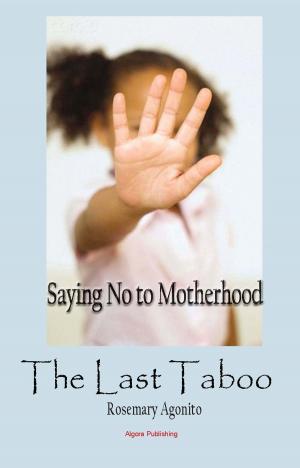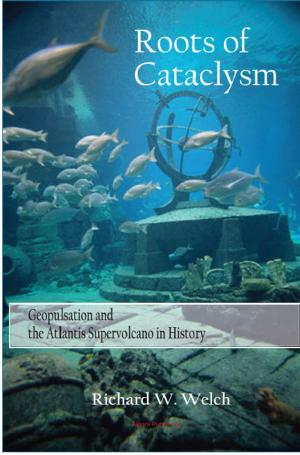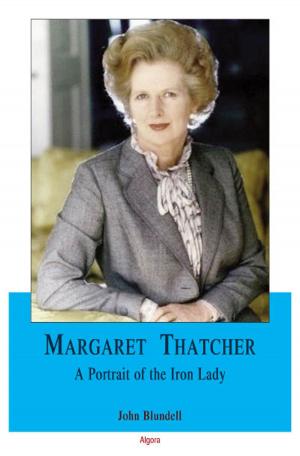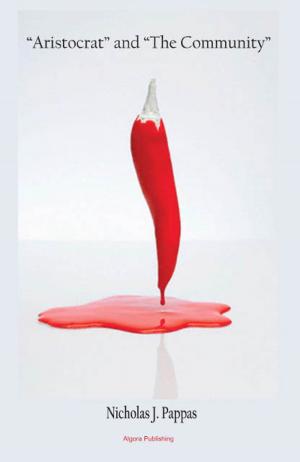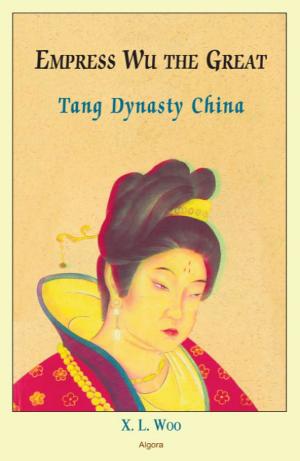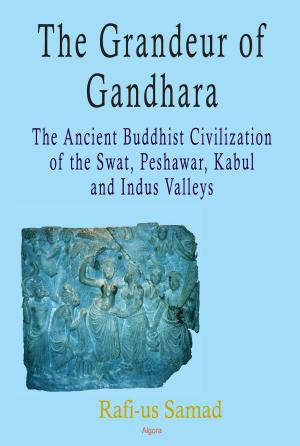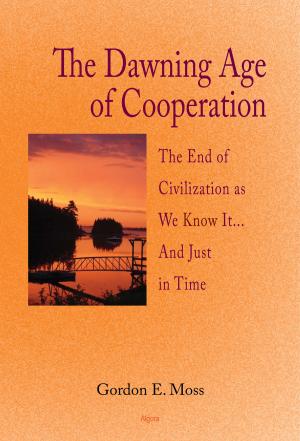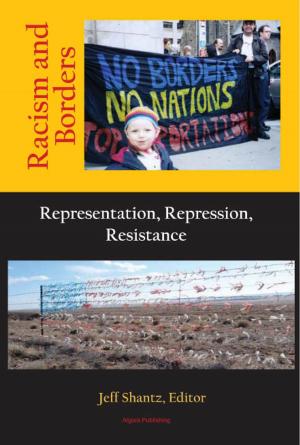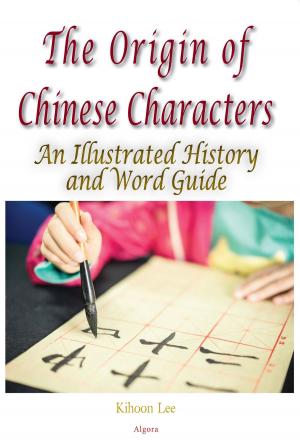| Author: | Nicholas J. Pappas | ISBN: | 9781628943689 |
| Publisher: | Algora Publishing | Publication: | December 15, 2018 |
| Imprint: | Algora Publishing | Language: | English |
| Author: | Nicholas J. Pappas |
| ISBN: | 9781628943689 |
| Publisher: | Algora Publishing |
| Publication: | December 15, 2018 |
| Imprint: | Algora Publishing |
| Language: | English |
Americans believe in education. Education allows you to make something of yourself. Education plays a special role in that it simultaneously provides a way out and a way in. But a way out of what? And a way into what? That’s not always clear.
Three characters with different skills and outlooks explore the idea of education, questioning what true education is, challenging common conceptions and putting forward rich definitions of education and what it ideally would be.
People do expect knowledge, understanding, and maturity of those who receive education. Unfortunately, things don’t always pan out. Sometimes ‘education’ produces a kind of learned ignorance; sometimes cliquishness; and sometimes blindness. So how do you get the good and avoid the bad?
Director, a philosopher figure in this book, gets at the question with his two interlocutors, Musician and Professor.
Music is often a great passion of young people. According to some of the more influential ancient Greeks, music educates the soul. Music speaks to the soul; education would like to speak to the soul. Music, in the broadest sense, can be, and often is, its tool.
What is this broadest sense? And how is music a tool? The youths in question here do not like to think of music as a tool for education, or any other thing for that matter. Music liberates. Music frees. Music is beyond all other concerns. Or is it? That’s why the second character in this book is a musician and not someone who is concerned with engineering, for instance. Engineering is important, a necessity in our world—butwho would argue it gives wing to the soul?
Education can point to a door, but we must walk up, turn the knob,and walk in on our own. There’s no guarantee for what’s behind that door. So true education takes a fair amount of courage. I’m not of the opinion that courage can be taught. We can emulate the courageous, but it’s all on us.
Americans believe in education. Education allows you to make something of yourself. Education plays a special role in that it simultaneously provides a way out and a way in. But a way out of what? And a way into what? That’s not always clear.
Three characters with different skills and outlooks explore the idea of education, questioning what true education is, challenging common conceptions and putting forward rich definitions of education and what it ideally would be.
People do expect knowledge, understanding, and maturity of those who receive education. Unfortunately, things don’t always pan out. Sometimes ‘education’ produces a kind of learned ignorance; sometimes cliquishness; and sometimes blindness. So how do you get the good and avoid the bad?
Director, a philosopher figure in this book, gets at the question with his two interlocutors, Musician and Professor.
Music is often a great passion of young people. According to some of the more influential ancient Greeks, music educates the soul. Music speaks to the soul; education would like to speak to the soul. Music, in the broadest sense, can be, and often is, its tool.
What is this broadest sense? And how is music a tool? The youths in question here do not like to think of music as a tool for education, or any other thing for that matter. Music liberates. Music frees. Music is beyond all other concerns. Or is it? That’s why the second character in this book is a musician and not someone who is concerned with engineering, for instance. Engineering is important, a necessity in our world—butwho would argue it gives wing to the soul?
Education can point to a door, but we must walk up, turn the knob,and walk in on our own. There’s no guarantee for what’s behind that door. So true education takes a fair amount of courage. I’m not of the opinion that courage can be taught. We can emulate the courageous, but it’s all on us.

